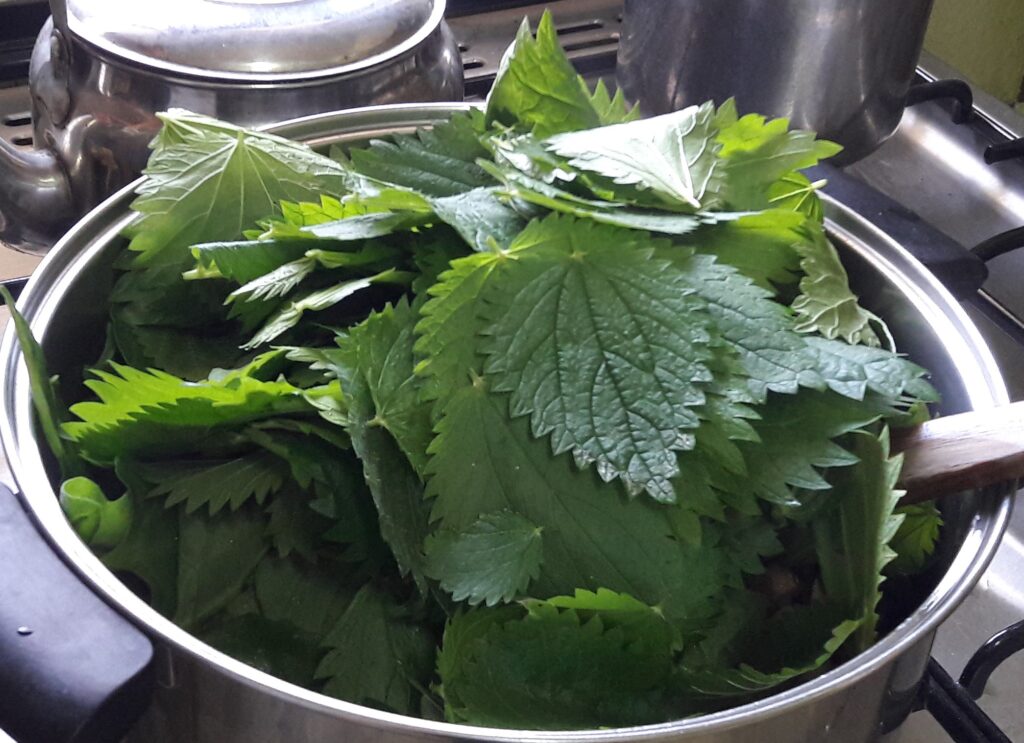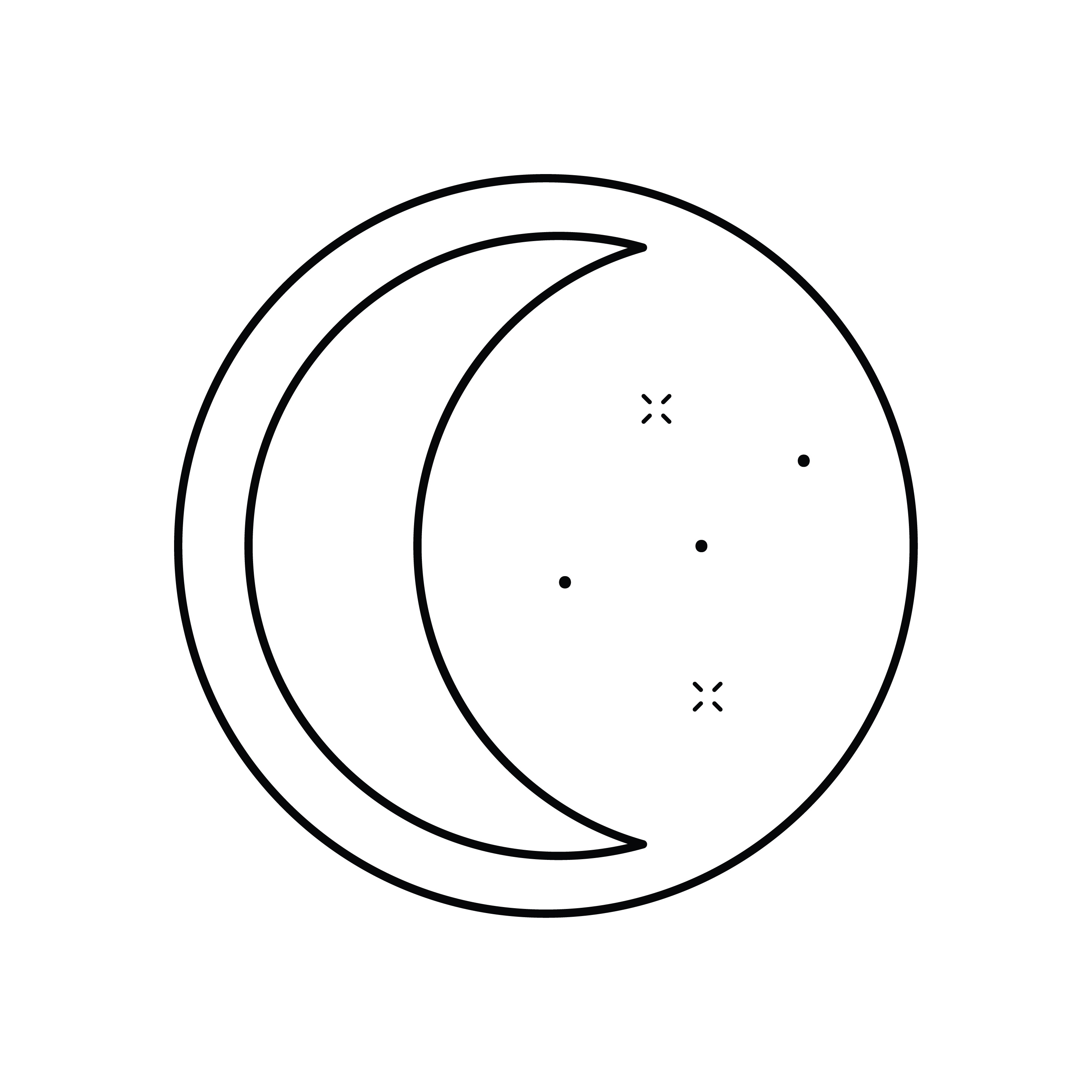
Original post from Feb 6, 2021
As I mentioned at the beginning, we are heterotrophs, not autotrophs. This means we are not able to create the nourishment we need from sunlight, so we must eat other creatures in order to live. Yes, that means we have to eat our wild relatives (or parts of them, in the case of leaves and fruits), in order to exist at all. And we consume not only by eating, but also to fulfill other needs: medicine, shelter, clothing, utensils, heating and much more.
The necessity to take and even kill to satisfy our needs is the issue that animist societies contend with, and most of the rituals and rules of conduct are an attempt to offer a worthy response at the cultural level. These cultures do not tell us not to consume, of course. What they do is set clear rules on how to consume.
I was planning to write about this topic before I came across this wonderful article by Robin Wall Kimmerer, botanist, Native American, and one of the great spokespeople for animism. Kimmerer describes what she calls “the honorable harvest”. Its rules are relatively simple: (This is my paraphrase, her words are in the link.)
- Never take the first. (It may be the last.)
- Before you take/collect/harvest, ask for permission and pay attention to the answer. If the answer is negative, respect it. Kimmerer emphasizes that we can also ask for permission in a scientific-empirical way, to see if our harvest will create too much disturbance to the area.
- Use a method that will minimize damage, or even support the system! For example, picking leaves instead of uprooting plants, or harvesting by pruning or thinning that will help regrowth.
- Take only what you need.
- Use everything you take.
- Share the gift with others. If you have more fruit than you need, share with neighbors or leave some for the birds.
- Give thanks. You can also express it out loud.
- Return the favor. For example, you can cultivate the plants that feed you, help them proliferate, provide favorable conditions for them, return the remains to the soil, protect them, water them, teach about them, or remove waste from their environment.
When I write this, I’m not preaching. For me as well, as someone who grew up and lives in our society, all of this is a worthy ideal, not something I come close to fully implementing. Like most of what I write here, change is needed at the level of the culture, not the individual. On the other hand, we individuals create the culture. The idea is to recognize our harvest as a mutual relationship, and to see everything we receive from other creatures – which is everything – as a gift. A gift they are happy to give in appropriate measure, as we want to offer our own gifts.
The experience of the “honorable harvest” is of living in a world of gifts, where everything we have, everything we need, is a gift. Not abstract, metaphorical gifts, but tangible, physical gifts, given by beings we know personally. Gifts create connections and the desire to return the favor, and a culture based on a gift economy builds relationships. This is the opposite of commerce, where any relationship ends with the transfer of payment. Even in a commercialized world like ours, anything given beyond what is mandated by the terms of the transaction creates a connection. Every professional, healer, or teacher who puts more effort and attention into their work than than required, who brings their heart to it and not just their obligation, creates goodwill, connection, a sense of belonging, a feeling that we are in good hands. Then we are happy to pay, recommend, return to them, or even to give something extra back, to share other gifts we received like fruit from the tree.
When we experience everything we need as a gift, we feel – not only understand intellectually – that the world and all our relatives care for us and love us. And we, desired and loved, want to care for them in return.
*More links to Robin Wall Kimmerer’s materials:
